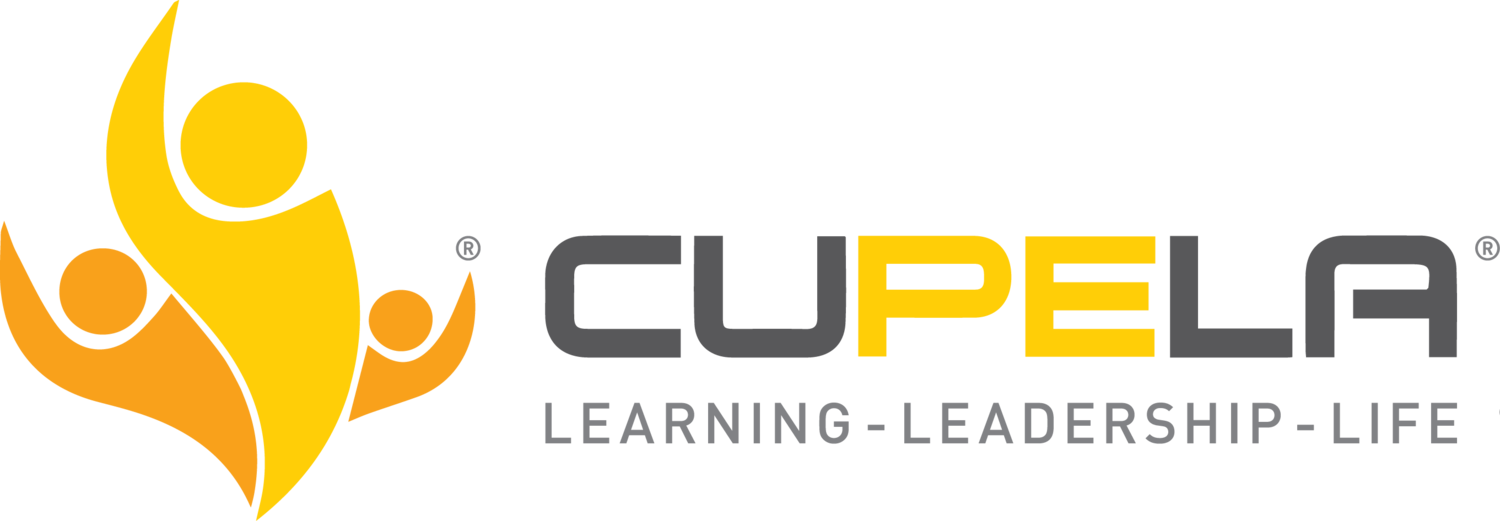
Listening & Communication Skills
Case Study: Listening & Communication Skills
Ravi was the founder and CEO of a medium-sized company. He built this company from scratch, so was very passionate about the new business domain and market he was creating, and keen on changing the complete landscape in India in this domain. His goals included ensuring better treatment and compensation for the workers in the industry, so he was well-liked by his employees.
The time came when Ravi needed funding to further grow the company. It was relatively easy for him to convince the investors with his excellent business model, his proven track record and his obvious passion for the business. However, once the deal was done and the new directors were installed on the board, there were challenges. Ravi was used to making all the decisions intuitively, guided by his passion, and he felt that had been a major factor in his success. He felt the funding company did not really understand his business and thus could not add value.
Objective
The stated objective was to mediate the conflict between the various directors on the board. Ravi had been in conflict with them quite frequently and the board members felt they were all wasting valuable time and energy on fruitless discussions.
Case study in Bangalore
The coaching objective
Process
We started the process with a 360 feedback, which soon made Ravi realize how much the other board members respected his knowledge and experience, as well as his courage and visionary leadership. However, it also helped him understand how much his obstinacy was detracting from the respect everyone felt for him – at all levels of the hierarchy. When we explored the ‘story behind the story’, we found that authority figures had often let Ravi down in his past and so he had learned to go against their advice and keep his own counsel. With that insight and a few sessions of mediation, it was possible for Ravi to start listening to what the other directors had to say.
Increasing Self Awareness
Ravi became aware of how he reacted to authority figures and how he had just put the other directors into that category, even though they were his peers now and that meant he could leverage the mutual respect between them.
Understanding and Accepting the Challenges
Ravi realized that he could benefit from the new perspectives that the other directors offered. It didn’t mean that he had to agree with them every time, it certainly didn’t mean that he had to just do whatever they said, it just meant that he listened to them carefully, weighed their opinion seriously and finally also had to think about his own point of view more carefully, so he could defend it.
Falling Back on Strengths
Patience and inclusiveness were amongst Ravi’s strengths, as well as his ability to hold a vision and engage others to work towards it with him. These strengths were very useful in building the new kind of listening skills that Ravi now needed to have more fruitful discussions with the board members.
Conclusion
Here the reason for not listening to another person’s perspective was underestimating the other's capability, and hence not accepting the other’s view. Once there was some form of mediation in place, both sides understood each other’s perspective, the capability each brought in, and things moved much smoother from there. Ravi didn’t only learn to listen to others but also to listen to himself more carefully.






